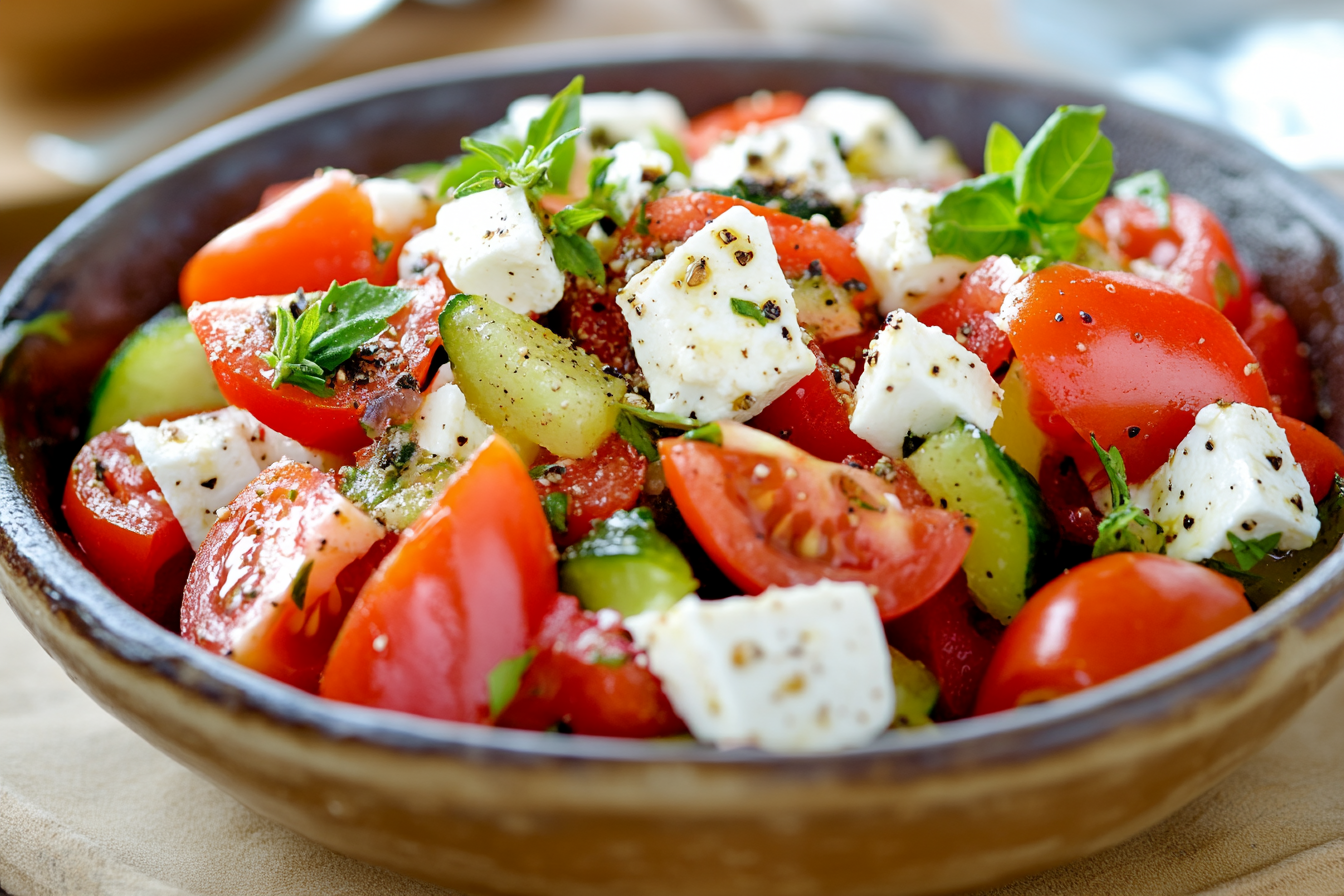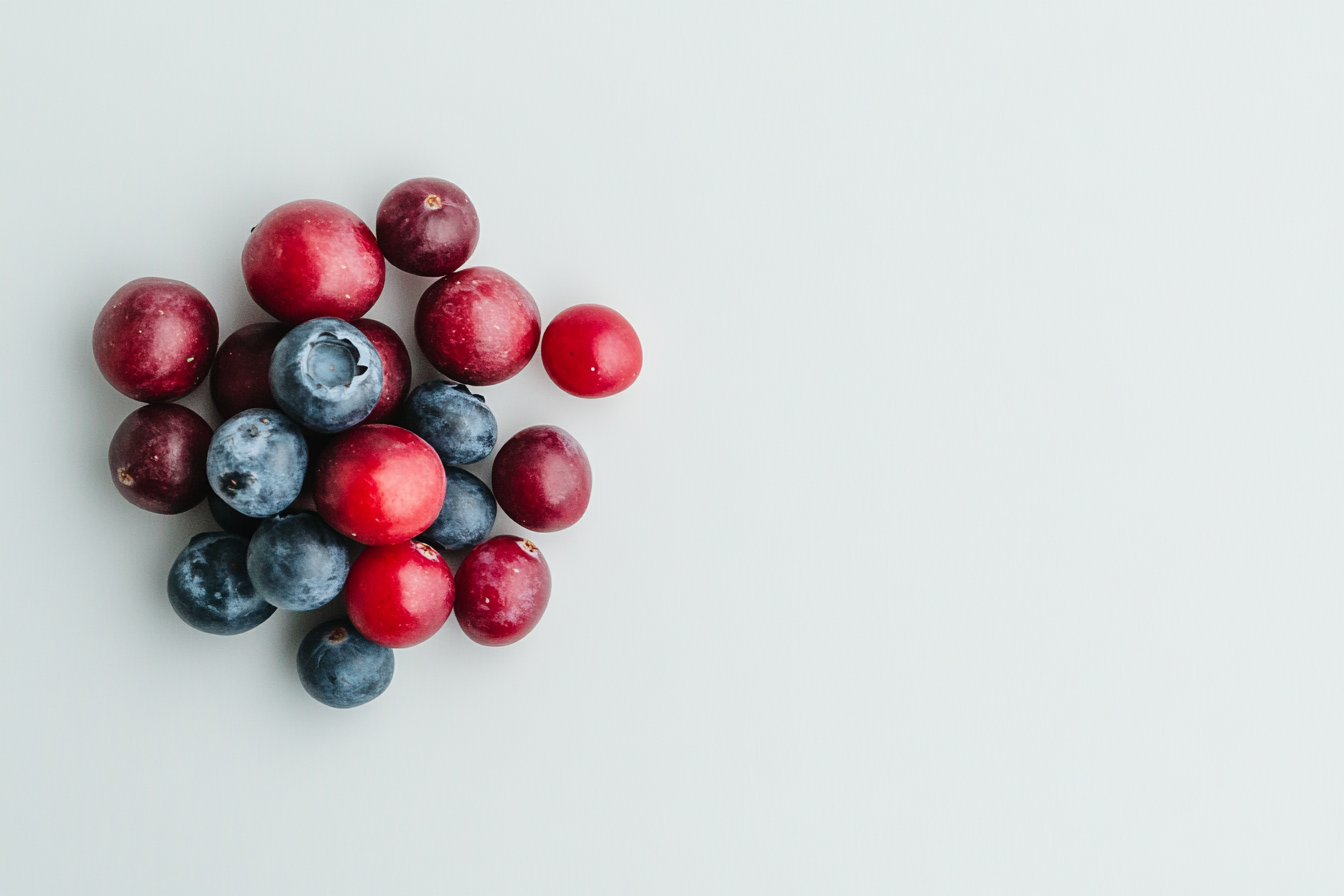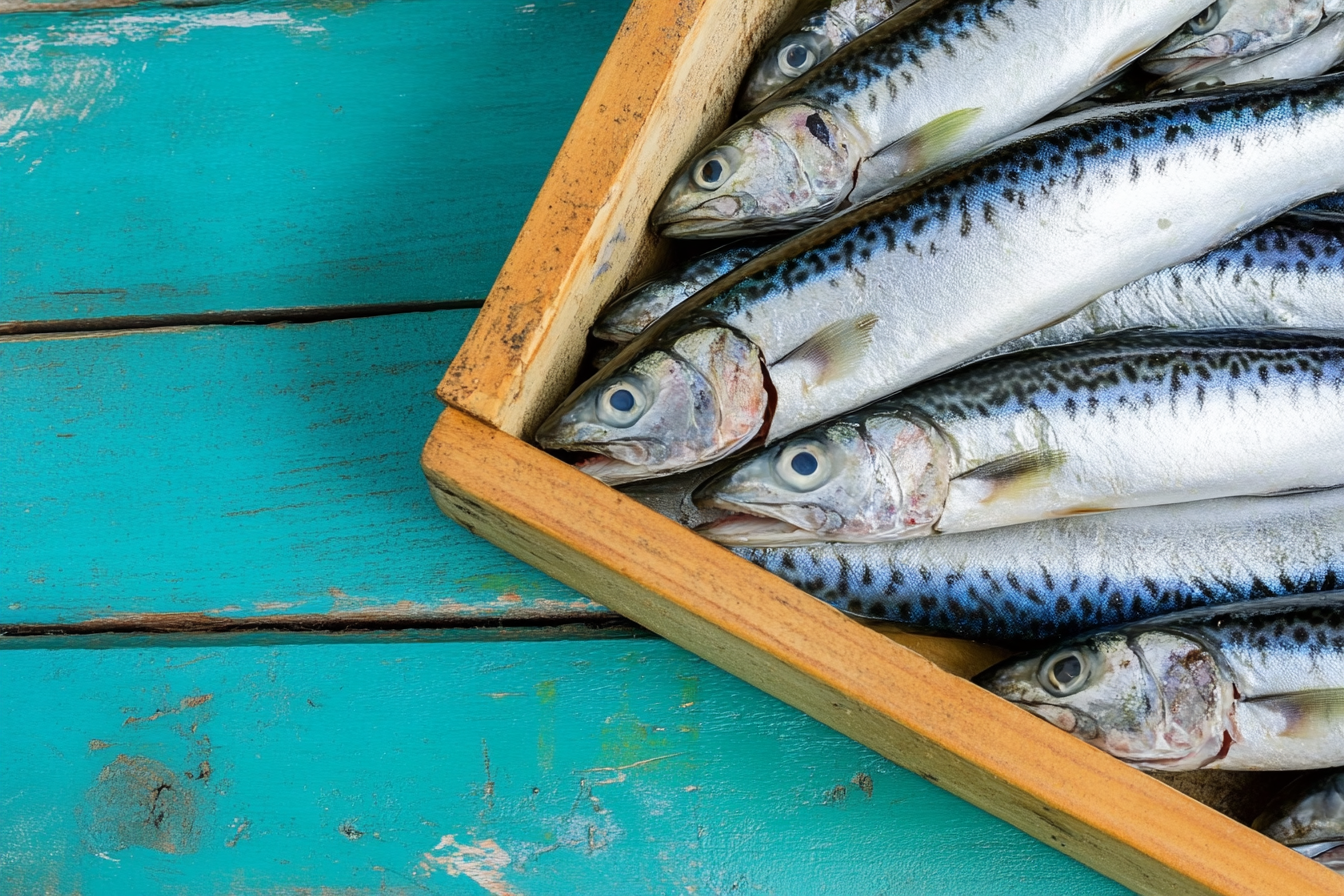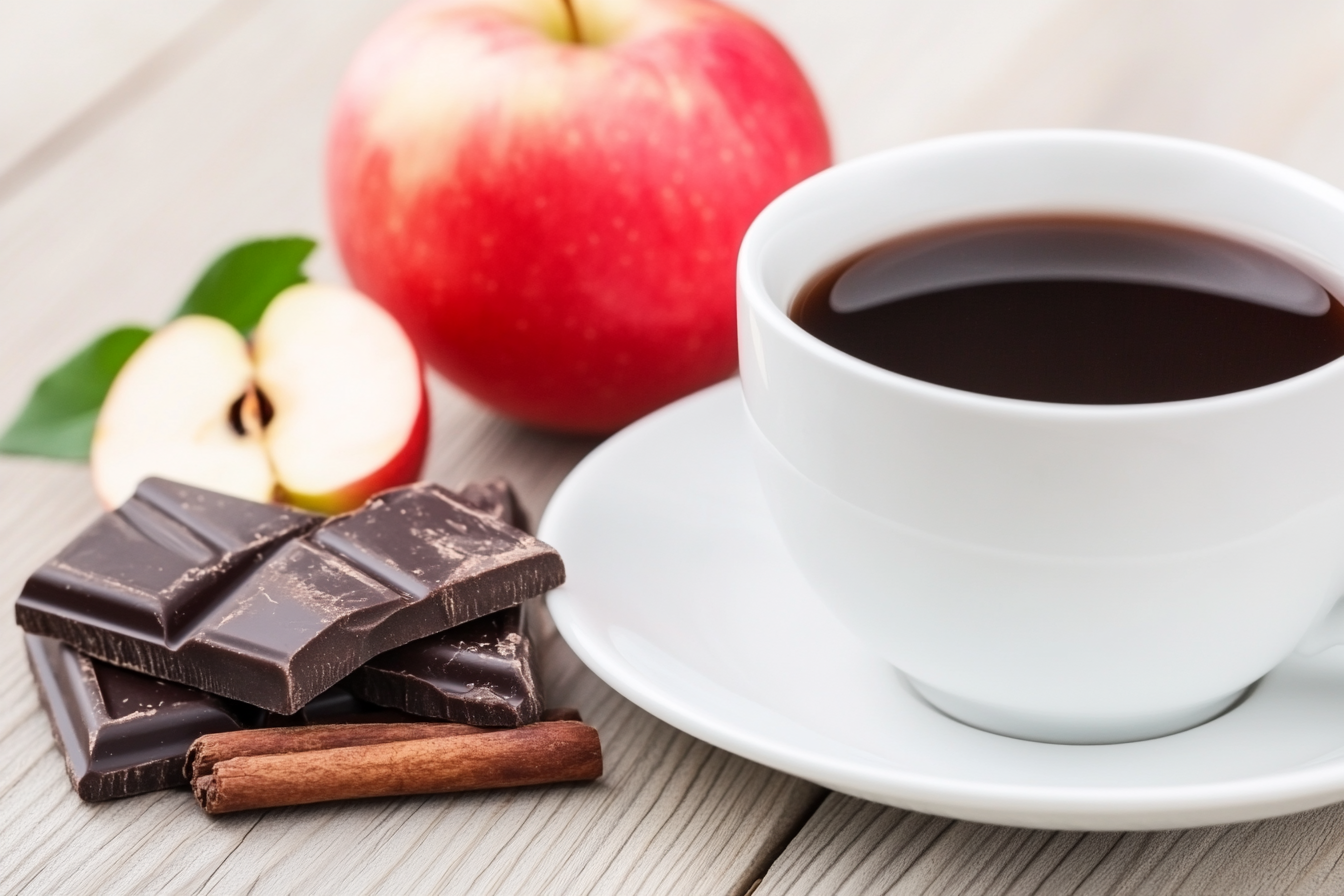From Challenges to Comfort: Palliative Care for Dementia Patients
Practical ways palliative care makes life more comfortable for dementia patients, addressing their physical and emotional needs with care.
Learn how food choices impact liver health and NAFLD risk. Find out which diets support your liver and which patterns to leave behind for better wellness.

Your liver doesn’t seek attention. It works behind the scenes, quietly breaking down toxins, producing essential proteins, and regulating your body’s energy supply. Yet, when overwhelmed by fat accumulation, it becomes the battleground for non-alcoholic fatty liver disease (NAFLD), a condition now affecting millions worldwide.
What’s intriguing—and perhaps a little humbling—is how much of this story comes down to our daily food choices. The Mediterranean diet, rich in olive oil and whole foods, isn’t just a nod to tradition; it has shown measurable benefits in shielding the liver from harm. Meanwhile, diets heavy in processed foods and sugary drinks leave this vital organ more vulnerable, as emerging studies starkly demonstrate.
By pulling together insights from both observational and interventional research, this review offers a window into how diet can either fuel or fight NAFLD. And the answer isn’t locked in some distant laboratory. It’s in the meals we prepare, the ingredients we choose, and the patterns we nurture over a lifetime.

The Mediterranean and DASH diets are often regarded as the nutritional equivalents of a deep breath—steady, reliable, and life-giving. They are not flashy or extreme but are instead rooted in simple, enduring principles of nourishment.
Both diets revolve around unprocessed, whole foods that offer benefits far beyond basic sustenance. Think of meals composed of crisp greens drizzled with olive oil, tender grains like farro or quinoa, and fish cooked to perfection. These aren’t meals designed to restrict or punish; they invite you to eat with both health and pleasure in mind.
For the liver, these dietary patterns are especially kind. Vegetables and fruits, often dismissed as sides, take center stage as detoxifiers and inflammation fighters. Whole grains help regulate blood sugar, relieving the liver of the burden of constantly managing glucose spikes. Lean proteins, whether from grilled chicken or lentils, provide the essential amino acids your body needs while steering clear of the harmful fats found in processed meats. Healthy fats from sources like olive oil and nuts soothe inflammation and create a supportive environment for liver function.
What sets these diets apart is not just their individual components but their ability to work together harmoniously. Studies show that people who consistently eat this way tend to have healthier livers, with less fat accumulation and reduced inflammation. Clinical trials even document tangible reductions in strain on the liver, a testament to the power of thoughtful eating.

Plant-based foods are more than a colorful addition to the plate; they hold real potential for protecting and rejuvenating the liver. These foods contain compounds that go to work quietly and effectively, countering the many challenges the liver faces daily.
Take cruciferous vegetables like broccoli, cauliflower, and Brussels sprouts. These humble plants are loaded with sulfur-based compounds that act as catalysts for the liver’s detox processes. When you include them in your meals, you’re giving your liver the tools it needs to process and eliminate harmful substances more efficiently.

Then there are berries, small in size but packed with antioxidants that can make a measurable difference. Blueberries, raspberries, and cranberries are rich in polyphenols, which shield the liver from cellular damage caused by oxidative stress. These fruits not only support the liver—they help it maintain its homeostasis, even under strain.
Grapes, particularly the red and purple varietals, bring their own unique advantages. Containing resveratrol, a compound known for its anti-inflammatory properties, grapes help lower markers of liver inflammation. Incorporating them into your diet is a simple way to support your liver.
Grapefruit, with its sharp, refreshing flavor, has earned its place as a liver-friendly food. Rich in antioxidants like naringin and naringenin, it enhances the liver’s ability to metabolize fats and reduces inflammation. By including grapefruit in your meals, you lighten the liver’s workload in a simple and effective manner.
What you drink every day can quietly influence your liver’s well-being. Beverages often taken for granted are brimming with compounds that support liver health by reducing inflammation, protecting cells, and improving metabolic function.
Coffee as a Daily Ally
For many, coffee is non-negotiable. Its ability to jumpstart mornings is well-known, but its benefits extend far beyond keeping you alert. Studies reveal that coffee drinkers often have healthier livers, even those managing existing conditions. The compounds in coffee, such as cafestol and kahweol, seem to work behind the scenes to lower inflammation and slow fat buildup.
Drinking two or three cups each day has been linked to reduced risks of liver fibrosis and other complications. It is remarkable to think that a habit as simple as pouring a cup can deliver meaningful protection to this hard-working organ.
Green Tea’s Gentle Benefits
Green tea offers a different kind of boost, one rooted in calm and restoration. Rich in catechins, these antioxidants work to reduce oxidative stress and inflammation. Regularly drinking green tea has been associated with lower fat levels in the liver and improved enzyme readings, both of which are critical for maintaining long-term liver health.
Unlike dramatic dietary changes, adding green tea to your daily routine is simple yet impactful. A warm cup of this tea can feel like a small ritual while delivering health benefits that go far beyond its soothing taste.

Fatty Fish for Resilience
Fatty fish, including salmon, mackerel, and sardines, is a nutritional powerhouse. These fish are rich in omega-3 fatty acids, which have been shown to help prevent fat buildup in the liver and reduce inflammation. Omega-3s also play a role in stabilizing lipid levels, creating a healthier internal environment for the liver to function.
Adding fatty fish to your meals twice a week can provide lasting benefits, giving your liver the tools it needs to manage stress and perform efficiently.
Plant-Based Proteins as an Alternative
Switching to plant-based proteins, even occasionally, can have significant benefits for the liver. Foods like lentils, beans, and tofu offer high-quality protein without the ammonia byproducts associated with digesting meat. This shift is particularly helpful for individuals with advanced liver conditions, where lowering ammonia levels can ease complications.
Making a conscious choice to include plant-based meals does more than lighten the liver’s load—it promotes overall health while aligning with sustainable eating practices.

Flavonoids are naturally occurring compounds in many fruits, vegetables, and teas that offer notable benefits for liver health. Long-term studies suggest that diets rich in flavonoids reduce the risk of developing non-alcoholic fatty liver disease, sometimes by as much as 20 percent.
Apples and tea consistently stand out as beneficial foods. Regular consumption of these staples has been linked to lower liver fat levels and reduced inflammation markers. Dark chocolate, often enjoyed as a treat, provides additional liver-protective flavonoids, offering a small indulgence that supports health.
Tea continues to demonstrate its effectiveness in studies, particularly varieties infused with red pepper. These teas are associated with reduced markers of inflammation, reinforcing the idea that everyday dietary choices can significantly influence liver health.
Non-alcoholic fatty liver disease (NAFLD) is a growing concern, and dietary habits are at the center of its prevention and management. The liver’s health depends heavily on what we consume, and research has shown that certain dietary patterns can significantly lower the risk of NAFLD while others heighten it.
The Mediterranean diet is one of the most studied and effective approaches to managing NAFLD. Known for its emphasis on whole, minimally processed foods like fresh vegetables, fruits, whole grains, lean proteins, and olive oil, this diet offers a protective framework. Of eleven observational studies, six found that individuals adhering to this pattern experienced notable reductions in liver steatosis and fibrosis. Its balance of healthy fats and nutrient-dense foods appears to support the liver’s ability to function and repair.
The DASH diet, originally designed to reduce hypertension, also shows promise for liver health. Studies reveal that individuals following the DASH diet, which prioritizes fruits, vegetables, lean proteins, and low-sodium meals, are less likely to develop NAFLD. Three out of four studies linked adherence to this diet with reduced liver fat and improved markers of liver function.
Other healthy dietary patterns, such as plant-based approaches and the Healthy Eating Index (HEI), are similarly associated with lower NAFLD risk. These diets prioritize nutrient-dense, anti-inflammatory foods while avoiding heavily processed options. In contrast, Western dietary patterns present a starkly different outcome. Diets high in sweets, red meat, and fast food overwhelm the liver with fats, sugars, and additives, increasing fat accumulation and inflammation. This correlation has been observed consistently across multiple studies, making the Western diet a significant risk factor for NAFLD.
Clinical trials further illuminate the impact of dietary changes on NAFLD. Interventional studies highlight the Mediterranean diet’s effectiveness in reducing intrahepatic lipid levels and improving liver health metrics. Low-carbohydrate diets, which reduce sugar intake and encourage the body to burn fat for energy, have also shown success in reversing steatosis. However, low-fat diets have yielded mixed results. While some studies demonstrate improvements, others suggest that the quality of fat consumed is more critical than the total fat intake.

The conclusions are clear. Balanced diets rich in fresh, minimally processed foods—such as the Mediterranean and DASH diets—are strongly associated with reduced NAFLD risk and improved outcomes. On the other hand, diets heavy in processed foods, sugary drinks, and red meat increase the likelihood of liver damage. Low-carbohydrate diets show promise, but further research is needed to refine macronutrient recommendations. Finally, more rigorous studies using standardized diagnostic methods are necessary to better understand the effects of low-fat diets and tailored dietary approaches like DASH.
Small, deliberate changes in dietary habits can have a profound impact on liver health. By focusing on whole, nutrient-dense foods and limiting harmful dietary patterns, individuals can protect their liver and improve overall health.